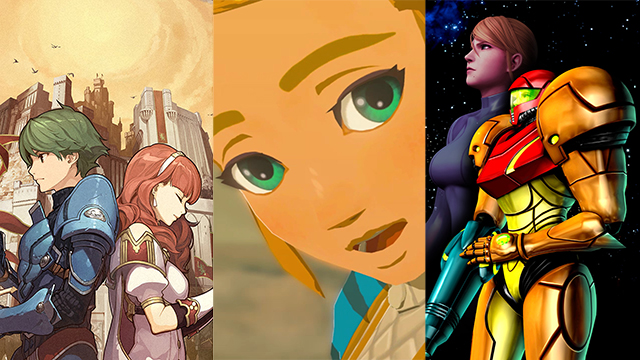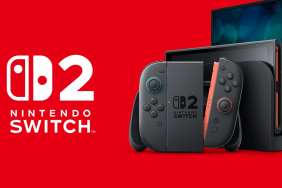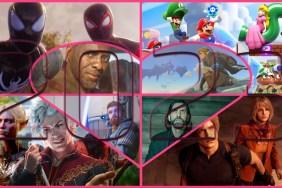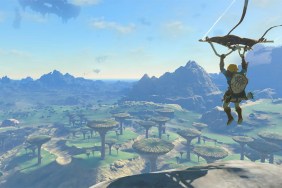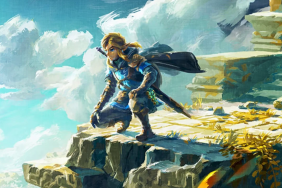The decision to bring voice acting to The Legend of Zelda was a fairly obvious one, but calling it a runaway success would probably be an overstatement. Despite becoming the most critically acclaimed title in the series since Ocarina of Time, most reviews of Breath of the Wild either gloss over the voice acting as acceptable, level mild criticism toward it, or hardly mention it at all. In this particular case the game was so widely lauded that nitpicking voice performances understandably fell by the wayside, but shortcomings in that area exist all the same. Ultimately Nintendo’s effort wasn’t bad for a first attempt, but was far from anything special either.
Two months have passed since Zelda released, and there’s already another Nintendo title arriving with a fully voiced cast of characters, this time packing what could easily be hundreds more lines of dialogue in its first few hours than what’s contained in the entirety of Breath of the Wild: I’m talking about Fire Emblem Echoes: Shadows of Valentia. Nintendo flirted with voice acting in the past via Metroid Prime 3: Corruption (acceptable) and Metroid: Other M (borderline embarrassing), but had since returned to the tried-and-true combination of text, grunts, and quips for most of its games. With two fully voiced 2017 games already on the books, though, one can’t help but wonder. Has Nintendo officially committed to voice performances in its games?
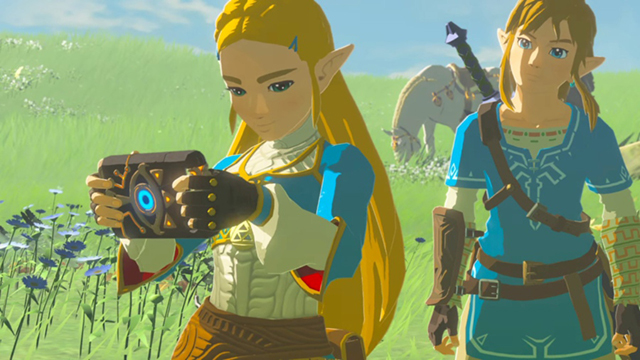
Whether it has or hasn’t, I strongly feel Nintendo should consider this move on a game-by-game basis. For example, while I wasn’t thrilled with the voice acting in Breath of the Wild and would probably prefer the game without it, ultimately it didn't harm my experience all that much. The focus of the game is exploration, its massive world, and its dozens upon dozens of shrines. The story is there, but you technically don’t even need it to defeat Ganon. It’s a bonus element to an already superb experience; complaining about it too much would be like whining because you didn’t enjoy your second helping of dessert.
But then I think about past Zelda games, and the moments I remember: the powerful closing scenes of Wind Waker, Midna’s past and Zant’s succumbing to evil in Twilight Princess, or the tear-jerking farewell to Fi in Skyward Sword. Had these gems been sullied by mediocre voice acting, it would have been a true shame indeed. They’d be completely robbed of their ability to bring out emotion in the player, and would never have lodged themselves so permanently in the minds of millions as they have in the years since their release.
For Fire Emblem the situation is a bit less dire, and as noted in my Shadows of Valentia review, its voice performances are largely of high quality. It’s true that some actors appear to be handling multiple characters, while other voices come off a bit generic (or in the case of protagonist Alm, a bit heavy on the anime-everyman cheese). But on the whole I enjoyed the many impressive performances and felt that, with a few tweaks in execution between now and the next game, voice acting will without-doubt be the right move for the series.
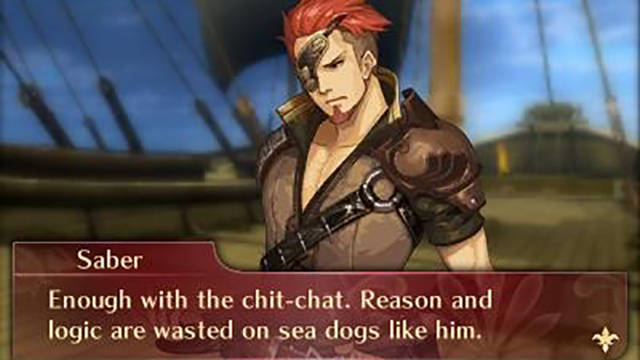
Of course, it’s more than just luck, circumstance, or even actors that determine such things, as a game’s form and function (not to mention the people present during voice recording) go a long way in determining the quality of the final output. One thing I’ve noticed is that visual novels, as well as titles whose story text can be manually advanced by the player (read: Fire Emblem and pre-BotW Zelda) fare far better with voice acting than games opting for scripted scenes and wannabe Hollywood movies. Unless you’re going to go full Rockstar Games or Naughty Dog with green screen, motion capture, and pro-level voice direction, this approach just tends to come up short. Giving the player control of the pacing allows for better immersion, easy skipping of awkward lines, and the sense of control that separates games from their motion picture counterparts. As of right now it seems that Intelligent Systems understands this, whereas I’m not convinced Nintendo proper or its Breath of the Wild team do just yet.
I recall a similar phenomenon during the Wii era, where I became extremely concerned at the drop-off in sountrack quality with games like Donkey Kong Country Returns, the Pokémon of the day, and the generic americana stylings that had seeped their way into the otherwise solid soundtrack for Skyward Sword. Before I could worry too much about it, Nintendo had hired David Wise for the followup to Donkey Kong in Tropical Freeze, handed over Zelda composing duties to the masterful Ryo Nagamatsu for A Link Between Worlds, and put out one of its most excellent soundtracks to date in Fire Emblem Awakening. Here’s hoping Nintendo’s voice acting growing pains turn out the same way.
